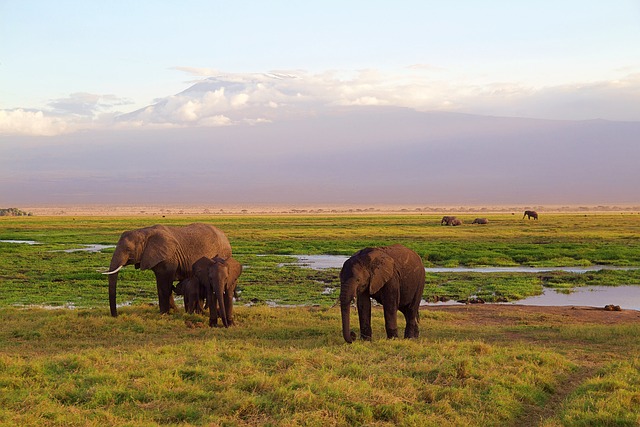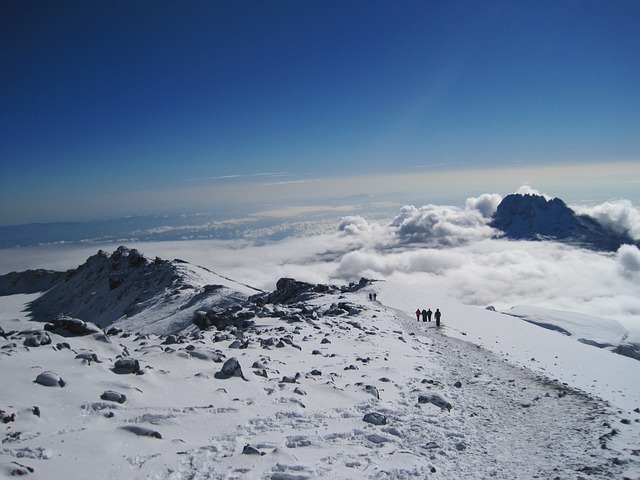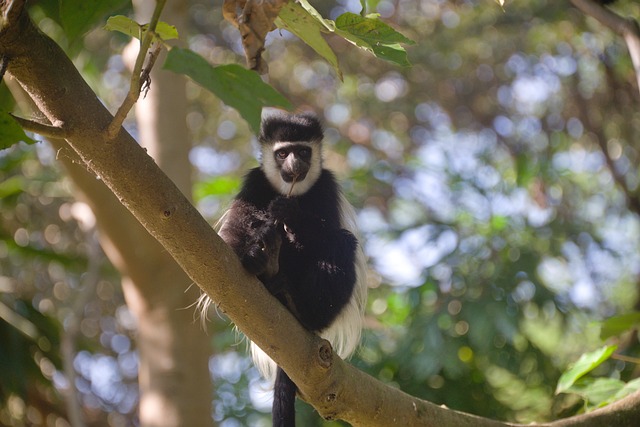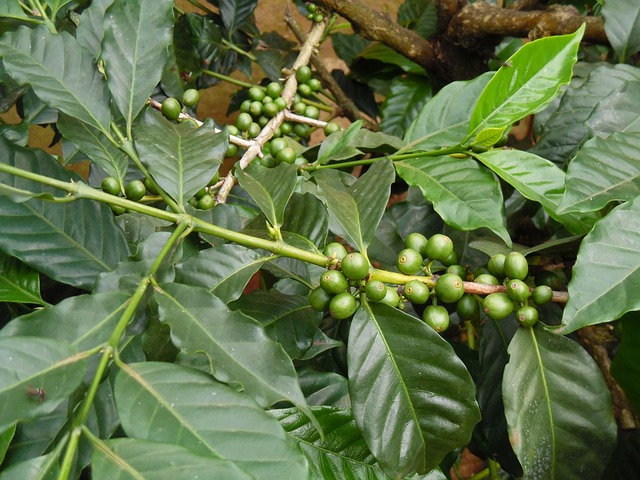On this page
- About ACCB 2024 host city Moshi Tanzania
- Travel Tips
- About Tanzania
- Travelling to Tanzania
- Visas
- Communications in Tanzania
- Local Transportation
- Medical
- Daycare & Babysitter Options
- General Information
- Electric Supply
- Plastic Ban
- Smoking
- Business and Shopping
- Climate
- Banking
- Vaccinations
About ACCB 2024 Host City Moshi, Tanzania
Moshi, Tanzania, is a vibrant town located in the northeastern part of Tanzania, renowned for its rich natural beauty, diverse landscapes, and cultural vibrancy. Nestled at the foot of Mount Kilimanjaro, the highest peak in Africa, Moshi serves as a gateway for those seeking adventure and immersion in the splendor of Tanzania's wilderness.
The region encompasses lush rainforests, verdant coffee plantations, and alpine zones, each hosting a rich array of plant and animal species. In the lower slopes are dense forests with vibrant birdlife, including hornbills and sunbirds, while colobus monkeys swing through the treetops. Further up the mountain, the landscape transitions to heath and moorland, with hardy plants like giant groundsels and lobelias. Kilimanjaro National Park, a UNESCO World Heritage Site, protects a range of wildlife, from elephants and leopards to amphibians and reptiles. The rich biodiversity makes Moshi an intriguing destination for nature enthusiasts and researchers alike, offering a glimpse into Tanzania's stunning natural heritage.
Mount Kilimanjaro: The towering presence of Mount Kilimanjaro is perhaps Moshi's most striking feature. This iconic mountain, with its snow-capped peak, attracts climbers and trekkers from around the world. The climb to the summit, Uhuru Peak, is a journey through several distinct climate zones, ranging from rainforest at the base to alpine deserts and icy glaciers at the top. For those not seeking the full climb, there are shorter treks that explore the lower slopes, offering glimpses of the unique flora and fauna.
Materuni Waterfalls: Located in the foothills of Kilimanjaro, these stunning waterfalls are a popular spot for day trips. The cool, misty environment provides a refreshing escape.
Coffee Plantations: The fertile slopes around Moshi are home to numerous coffee plantations. Visitors can take guided tours to learn about the coffee-making process and even participate in traditional coffee ceremonies, experiencing the region's agricultural heritage.
Cultural Experiences: Moshi has a vibrant cultural scene. Visitors can explore local markets, sample traditional foods, and engage with the community to learn about their customs and traditions.
Travel Tips
About Tanzania
Tanzania, located in East Africa, has diverse cultures, stunning landscapes, and abundant wildlife, making it an exciting destination for travelers and nature enthusiasts. One of the most thrilling aspects of Tanzania is its incredible natural beauty, epitomized by the Serengeti National Park, a UNESCO World Heritage Site renowned for its annual Great Migration. This awe-inspiring event sees millions of wildebeest, zebras, and other animals traverse the plains in search of greener pastures, offering one of the most spectacular wildlife experiences on the planet.
Mount Kilimanjaro, Africa's highest peak, is another highlight of Tanzania. This dormant volcano attracts climbers from around the globe who are eager to conquer its challenging slopes and witness the breathtaking views from its summit. The diverse climatic zones encountered on the ascent, from lush rainforest to arid alpine desert, add to the mountain’s allure. Similarly, with its spectacular beaches and crystal-clear waters, the Zanzibar Archipelago provides a contrasting yet equally captivating experience. These natural wonders and its inspiring conservation success make Tanzania the perfect host for the Africa Congress on Conservation Biology (ACCB) 2024. More about Tanzania as a destination can be found here.
Travel
Airlines servicing Kilimanjaro International Airport include Air Tanzania, Airbus Transport International, Air Kenya Express, Auric Air, Coastal Aviation, Edelweiss Air, Ethiopian Airlines, Kenya Airways, KLM, Precision Air, Qatar Airways, Regional Air, RwandAir, Safarilink, Turkish Airlines, Uganda Airlines and UTair-Express.
Visa
Tanzania has an open visa policy where a visa is facilitated on arrival for all nationalities with a valid Passport 6 months from arrival. The visa fee is $50 or $100 (payable on arrival by cash in USD or card), except for all citizens of member states of the African Union and the Commonwealth and Francophone countries, which is waived (free of charge). However, the maximum stay duration is three months. This means the holder of a Multiple Visa cannot stay in the country for twelve (12) consecutive months. Instead, during each visit, a holder may remain in the country for a maximum period of three months. Other categories of visa policies in Tanzania include:
1. Non-ordinary passports
Holders of diplomatic or service/official/special passports issued to citizens of Brazil, China, India, South Korea , and Turkey may enter Tanzania without a visa.
2. Electronic Visa (e-Visa)
Tanzania introduced an e-visa system on 26 November 2018. A visa is obligatory to enter Tanzania unless you are from one of a few visa-exempt countries. When traveling to the country, you normally have two options: either enter with a prearranged Tanzanian e-visa or get a visa on arrival.
3. Visa required in advance
Communications in Tanzania
Local Transportation
Medical
Daycare & Babysitter Options
General Information
Language: Kiswahili, English
Currency: Tanzanian shilling (TZS)
Population: 64,419,073
Telecom providers: Vodacom, Airtel, Tigo, Halotel and Zantel.
Electric Supply:
Plastic ban:
In June 2019, Tanzania banned single-use plastic. Plastic bags must be discarded by passengers entering the country at border checkpoints. They will be given a cost-effective, ecologically friendly alternative.
Smoking:
Business and Shopping:
Climate:
Banking:
All commercial banks offer a variety of banking services. Most banks feature cash dispensers that take Visa and MasterCard. Foreign exchange services are accessible across the country. Commercial banks, hotels, and international airports may exchange the most globally recognized currencies and travelers' checks. Most hotels, restaurants, and businesses accept major credit cards.
Vaccinations:
Yellow fever vaccination is required if entering from a country where yellow fever is endemic and/or where there is an active outbreak.





_81_45_70.jpg)


